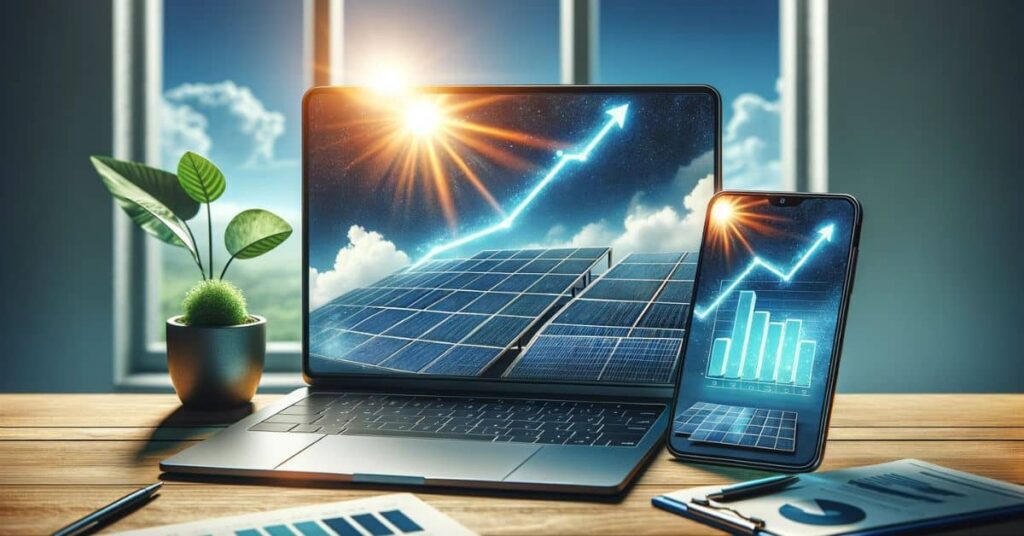Finance Minister Nirmala Sitharaman presented the Economic Survey 2023-24 in Parliament today. The Survey, authored by Chief Economic Advisor V Anantha Nageswaran and his team, highlighted India’s efforts to tackle climate change and ensure energy security.
A notable focus was on India’s ambitious ‘One World, One Sun, One Grid’ (OSOWOG) project. According to the survey, this initiative, led jointly by India and the UK, aims to connect solar energy systems on a large scale. The OSOWOG envisions harnessing solar and other renewable energy sources from various global regions where sunlight is abundant and efficiently transmitting this power to areas in need.
The survey outlined that the OSOWOG initiative will unfold in three phases. Initially, the Indian grid will link with grids in the Middle East, South Asia, and Southeast Asia to establish a unified grid. Subsequently, the second phase will integrate this initial setup with Africa’s renewable energy resources. Ultimately, the third phase targets achieving comprehensive global connectivity, with a goal of 2,600 GW of interconnected capacity by 2050.
Prime Minister Modi introduced the ‘One World, One Sun, One Grid’ concept during India’s 77th Independence Day address last year. The initiative was first proposed by Modi at the inaugural assembly of the International Solar Alliance (ISA) in October 2018.
In May 2021, India and the UK collaborated to merge the Green Grids Initiative with OSOWOG, launching the GGI-OSOWOG initiative at the COP26 summit in Glasgow, hosted by the UK in November 2021. The vision behind OSOWOG remains centered on the idea that solar energy is perpetually available, transcending geographical boundaries.
This initiative aims to interconnect regional grids into a unified network, facilitating the efficient transmission of renewable energy, particularly solar power. India is vigorously promoting renewable energy with a target of achieving 500 GW of non-fossil fuel-based power generation capacity by 2030.
